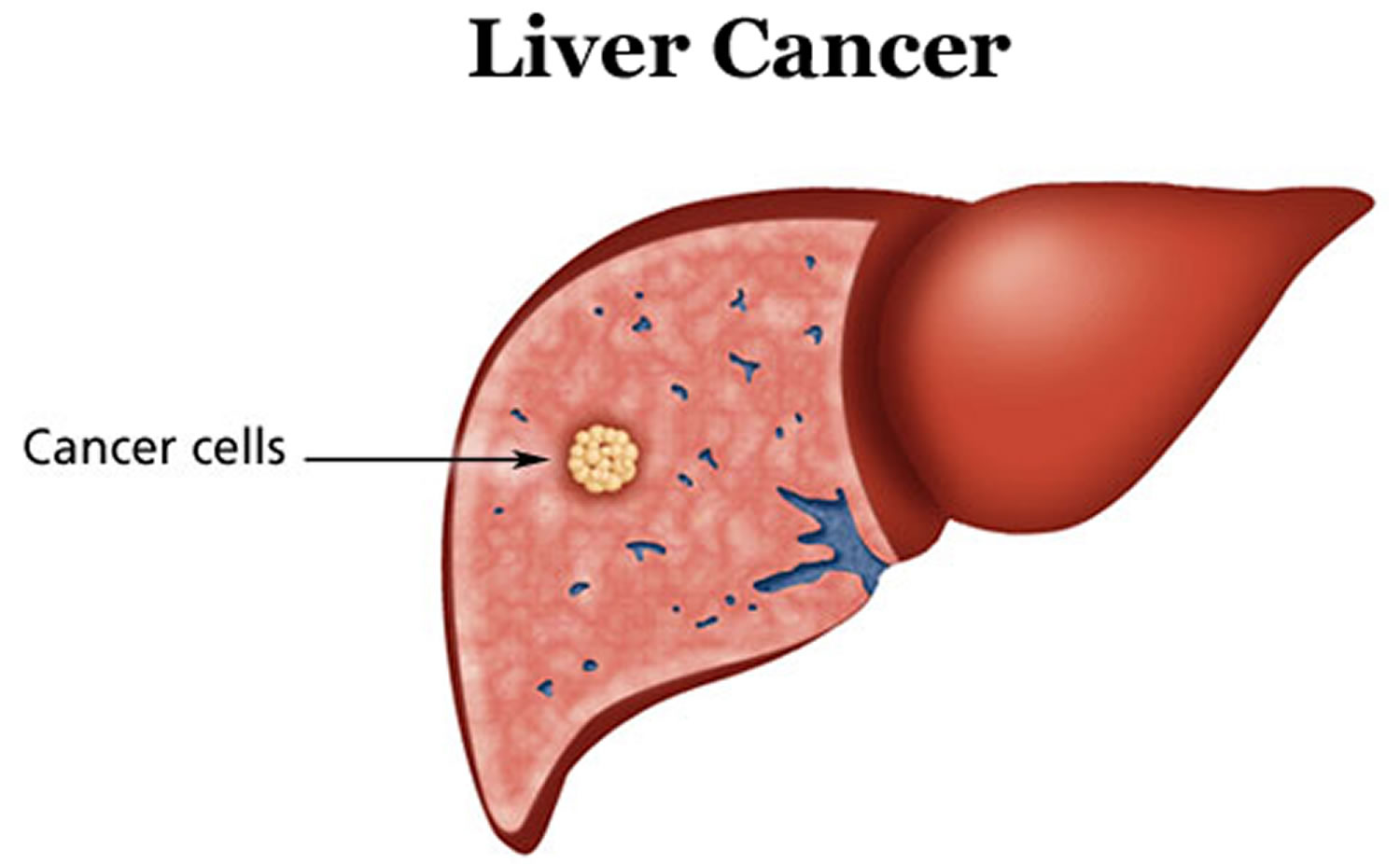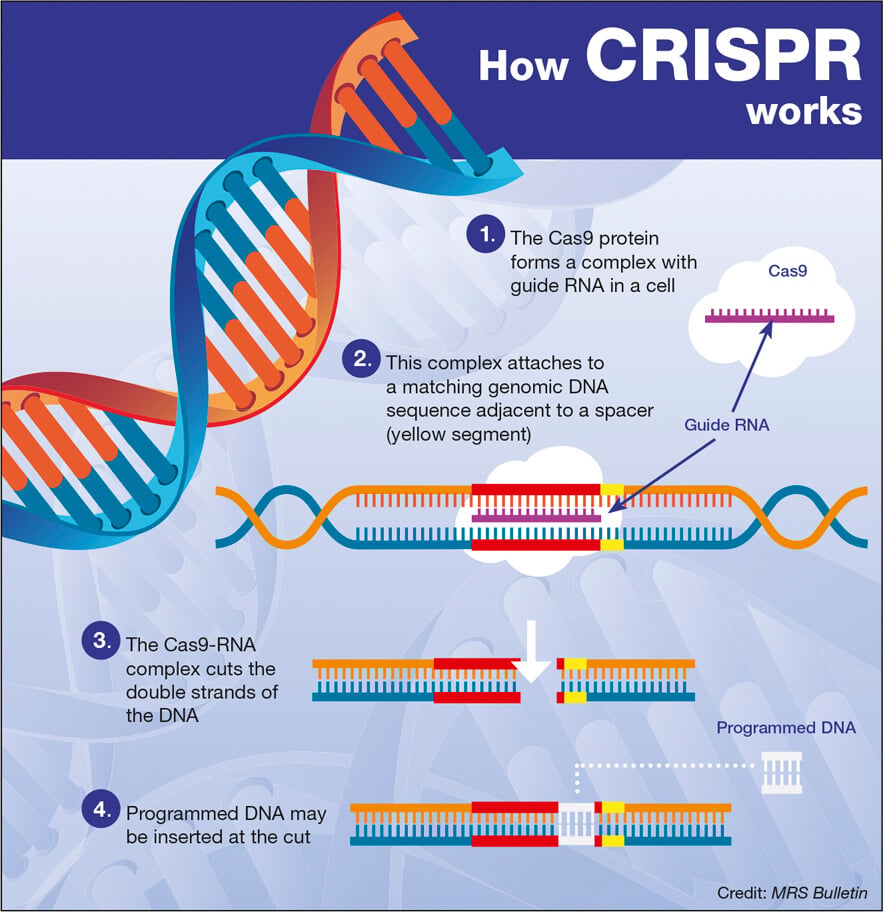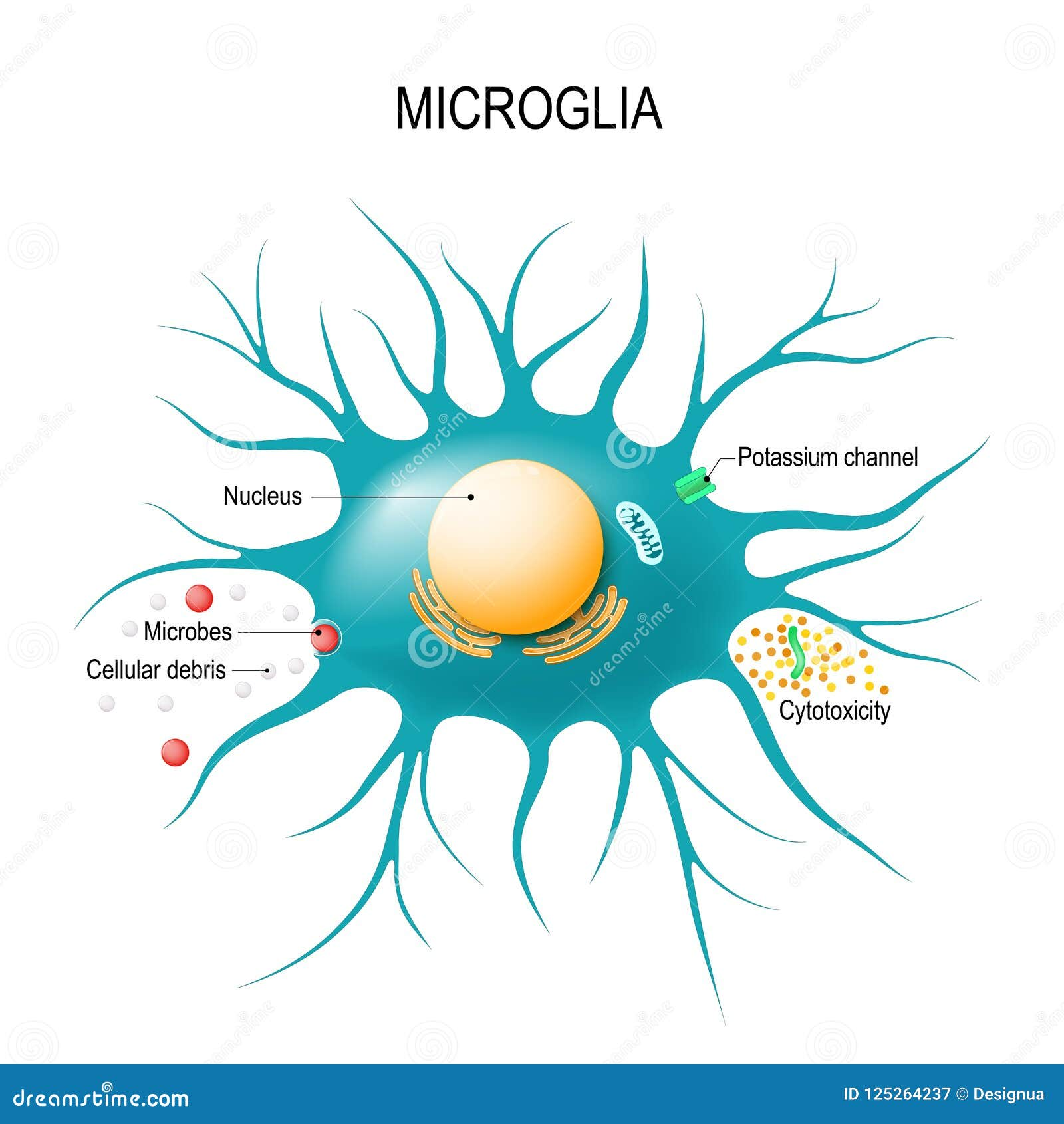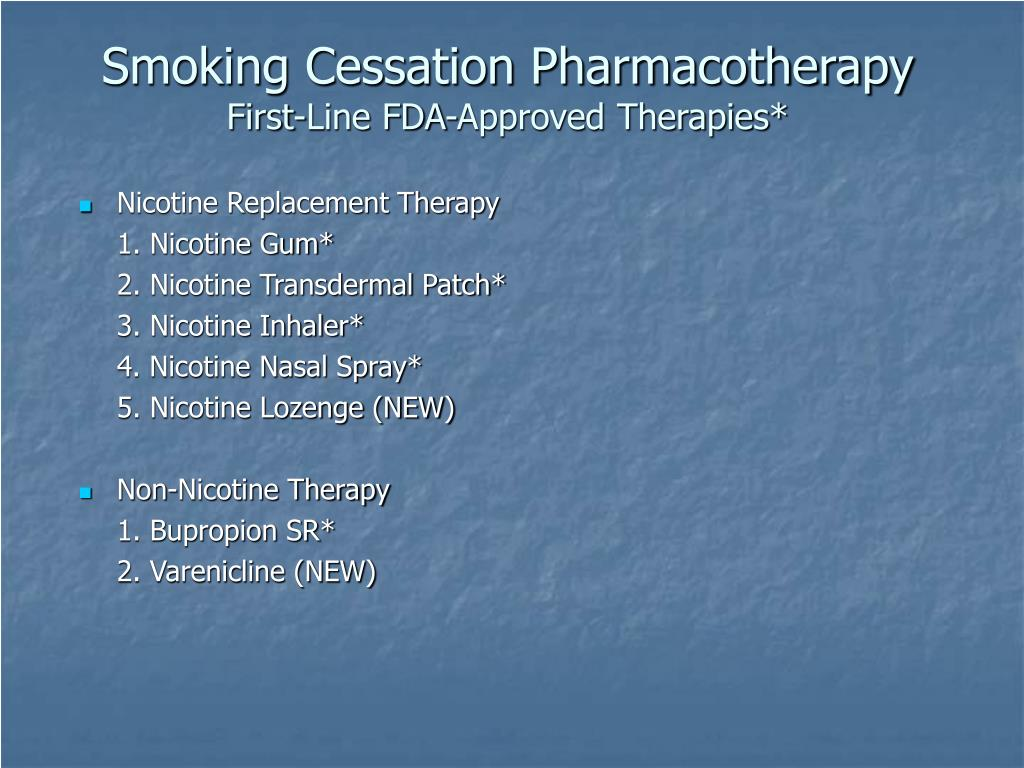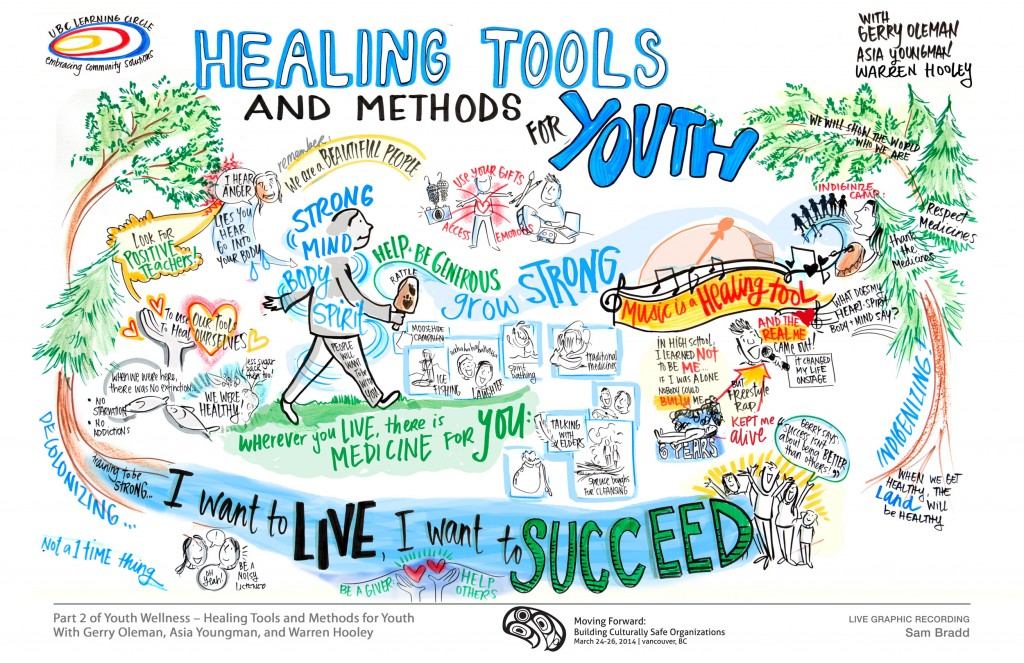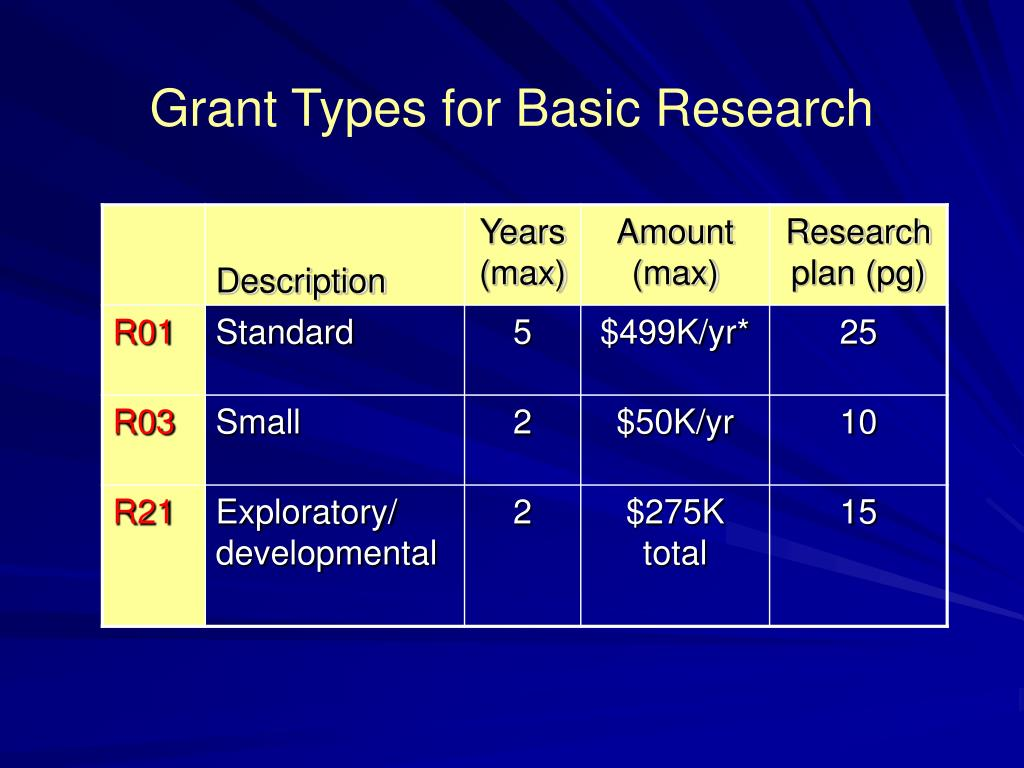Recent Posts
Liver cancer, a leading cause of cancer-related deaths globally, often stems from complex metabolic disturbances, particularly bile acid imbalance.Recent studies have highlighted the link between abnormal bile acid levels and hepatocellular carcinoma (HCC), the most prevalent form of liver cancer.
CRISPR gene editing is revolutionizing the landscape of modern medicine, offering transformative potential in treating genetic disorders like sickle cell disease.As researchers harness CRISPR technology to edit genes, they navigate a complex web of ethical issues, particularly concerning the implications of gene modifications on health equity.
Microglial cells serve as the brain’s immune guardians, playing a critical role in maintaining neural health and functionality.These specialized cells are primarily responsible for monitoring the brain environment, clearing away cellular debris, and performing synaptic pruning, which is essential for the development of neuronal connections.
Health tracking is revolutionizing the way we understand our cognitive functions and memory formation.Recent breakthroughs in neuroscience, particularly in synaptic plasticity, offer exciting new avenues for treating conditions like dementia.
Health tracking has emerged as a vital frontier in our understanding of cognitive processes, particularly in the context of memory formation and associated neurodegenerative disorders.Recent advancements from a Harvard study reveal a groundbreaking technique that maps synaptic plasticity, the mechanism through which our brains adapt and learn.
The FDA-approved smoking cessation pill, varenicline, has emerged as a groundbreaking solution for those struggling to quit vaping, especially among teens and young adults.Recent research from Mass General Brigham highlights that individuals aged 16 to 25 who used varenicline were more than three times more likely to successfully stop vaping compared to those receiving only behavioral counseling.
Youth well-being is a crucial aspect of our understanding of societal health, as revealed by a major global study on human flourishing that underscores the pressing issues faced by young people today.This comprehensive research endeavors to redefine what it means to thrive, revealing that flourishing transcends financial stability, especially as many economically developed nations struggle with poor mental health outcomes among their youth.
Global health has become an increasingly critical focus as nations grapple with complex healthcare challenges that transcend borders.Renowned surgeon and author Atul Gawande emphasizes the repercussions of weakening public health infrastructure, particularly following significant changes within USAID.
Patient safety in medical research is an essential aspect that underpins the ethical conduct of clinical trials and healthcare safety overall.Recent disruptions in research funding have raised significant concerns regarding the protection of patients involved in these studies.
Research grants are essential for advancing scientific inquiry and public health initiatives, enabling dedicated scholars to explore groundbreaking ideas that can significantly impact society.These grants, particularly those from federal research funding sources like the National Institutes of Health (NIH), are critical for projects aimed at cancer risk reduction and nutrition research.
